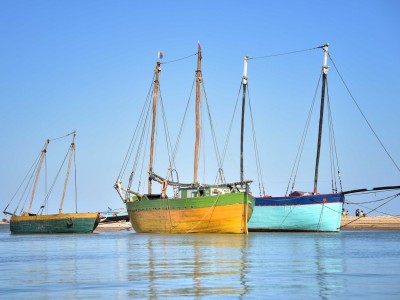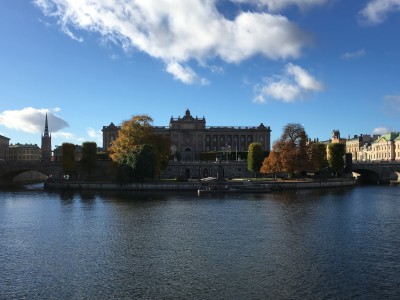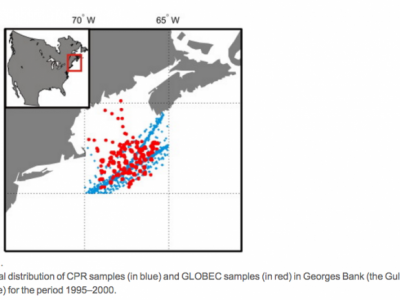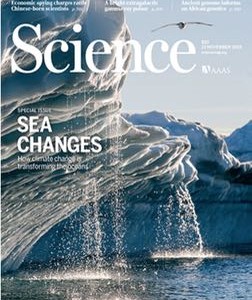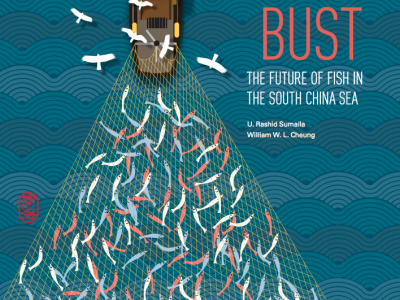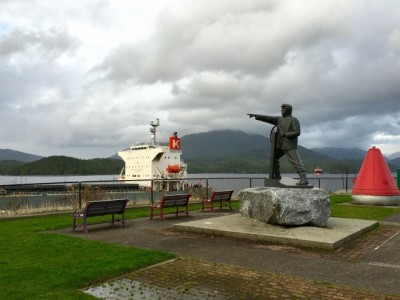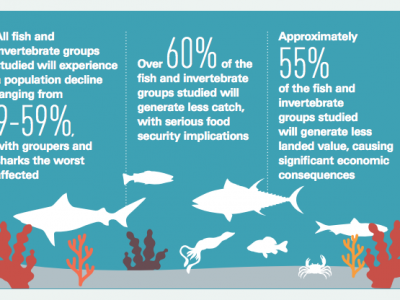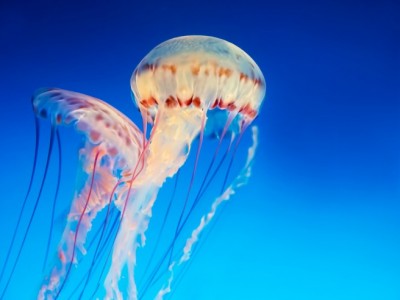Ask an Expert: Will oceans be adequately discussed at COP21?
From November 20 to December 11, leaders from more than 195 countries will meet in Paris to discuss the future of the planet. But will oceans be on the agenda?
COP21, the “Conference of Parties”, is the 21st United Nations Conference on Climate Change. It is being hyped as the most important climate event since COP15 in Copenhagen, which produced the Copenhagen Accord — a political agreement that was deemed by many to be unsuccessful. Here Yoshitaka Ota, Nereus Director (Policy), and William Cheung, Nereus Director (Science), discuss whether these negotiations will be successful, what’s at stake for the future of the world’s oceans, and what else can be done to mitigate the effects of climate change.



